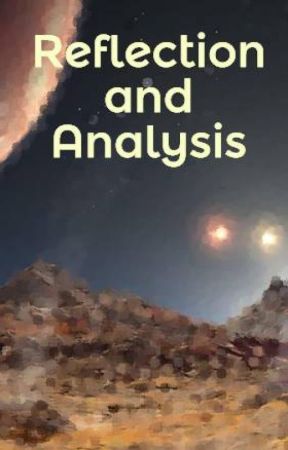For this reflection, I'm taking a look at an article from BuzzFeed called "17 Times the 'Harry Potter' Movies Inexcusably Messed Up Ron Weasley's Character" as I was curious to see what they had to say.
Point One - Not at all to my surprise, the first thing brought up by the writer Natasha Jokic is the Devil's Snare incident, but for me, this scene helps illustrate the bias I see from Ron-stans -- what though is this bias?
The bias I see them working with is the following:
- claiming the negative things Ron does are no different than the negative things the other two members of the trio of friends do
- ignoring when something comparable was done to the other two members of the trio of friends in the series
- claiming that people hate Ron because of the movies when, in reality, people hate Ron because of the books.
A significant issue is downplaying Ron's abandonment in the seventh book while also ignoring that the movies cut some of Ron's worst moments in the books. As for the ignoring when something comparable is done, well...
When talking about the Devil's Snare incident, fans are quick to forget Ron gets to keep his Chess scene, his crowning moment, while Hermione loses her potion puzzle, which is one of the reasons the Devi's Snare incident is shifted to her. The writer of the article notes that this is a point in time when Ron reminds Hermione to use magic -- he does so again in the seventh book when reminding her that she can use magic to start a fire, but this isn't actually the positive thing Ron-stans make it out to be.
Instead, it's demeaning towards Hermione and begs the question of whether such reminders should be needed. In the first book, it makes sense in a way and doesn't come across as bad as when he does it in the seventh book because Hermione's only been using magic for a year whereas in the seventh book she's been using it for seven years.
However, is it actually in character with what we learn about Hermione later? She's certainly more than willing to use magic when necessary, but more importantly, is Hermione's issue an issue of not thinking of using magic? Or, is it an issue of her, unlike Ron who is used to magic being used for anything, instead not taking magic for granted, that she actually holds worth in the activities she does without magic?
In other words, I'd argue the change is excusable given the movie shifts the moment onto Hermione, who lost her actual moment in that particular scenario in the same way Neville in the movie is the one to suggest Gillyweed instead of Dobby. It also removes the moment of Ron telling Hermione she needs to use magic which in turn is demeaning towards her, can be taken as "man-splaning" to a woman, but I'd even argue the movies do a great job of playing down Ron's actual sexism, which is very much there in the books but not the movies.
Point Two - Ah. This was the moment someone brought up in the comments for the opinion I found for the last reflection and the moment in the books -- it's yet another degrading moment because, as I remember it, Hermione actually doesn't need him to defend her -- she's quite capable of doing so herself. So, removing that is excusable as it's another "man-splaning" moment, which makes me wonder -- I have been wondering, when it comes to Ron's character, how is he going to be adapted in the new live-action telivision series they're putting out when there is a definite problem in the books fans have forgotten about.
What is inexcusable, or at least partially, is what they replace it with, with Ron saying instead, "He's got a point, you know." One problem with this is, while Snape is wrong for how he worded things, he isn't wrong about Hermione being an insufferable know-it-all and this is very much like a scene from the newest Worst Witch adaption where Rowen-Webb calls out a student for the same issue, but later approaches her apologizing and clarifying what his aim was for.

YOU ARE READING
Reflection and Analysis
DiversosThis is a collection of essays related to series I either read or watch, although there is only one chapter at this point I wish to discuss.
